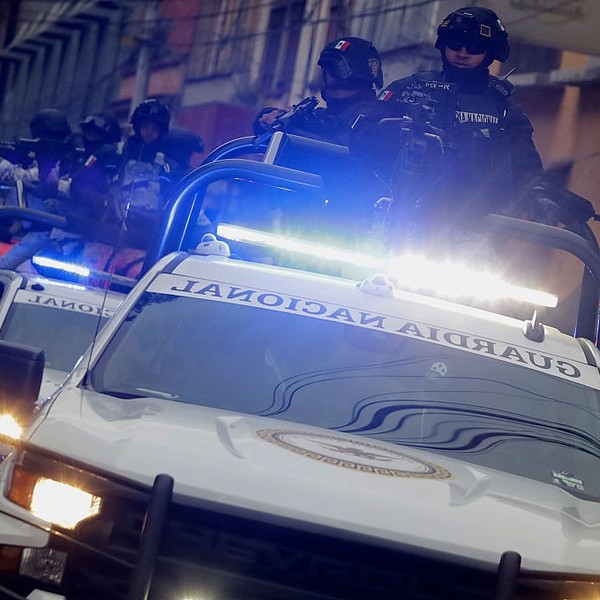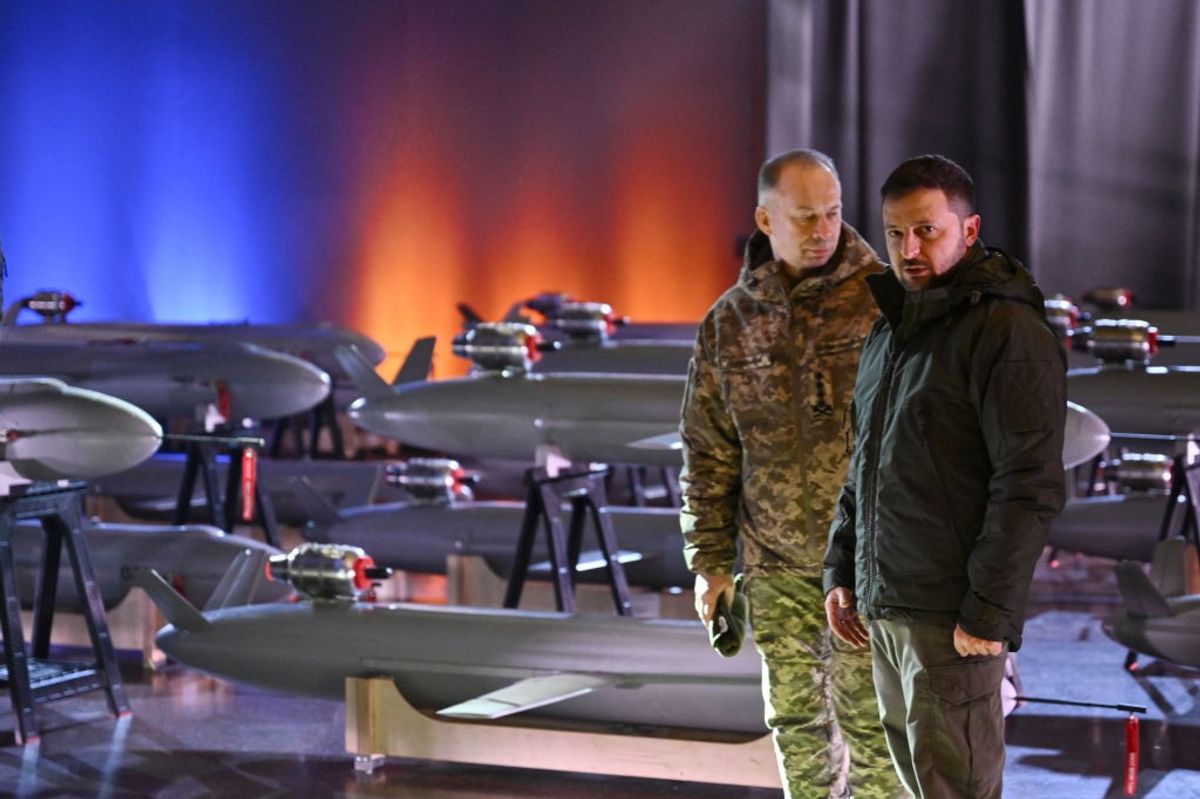Bottom Line Up Front
- Russian President Vladimir V. Putin is continuing his ironclad grip on power through newly introduced changes to the Russian constitution.
- In mid-January, Russia’s Parliament rubber stamped the appointment of Mikhail Mishustin as the next Prime Minister, though he is widely considered to be a puppet of Putin.
- These changes demonstrate the bifurcation of Russian power, split between an increasingly assertive foreign presence and a persistently moribund domestic situation of stagnant economic and political trends.
- Working behind the scenes, Putin will seek to improve Russia’s stalling economy while simultaneously positioning himself to retain power past 2024.
Since 1999, the center of gravity for Russian political and economic power has resided squarely in the hands of an ex-KGB officer and his circle of kleptocrats. That person, President Vladimir V. Putin, has consolidated control in Russia even as the Russian economy has stagnated over the last five years. With that economic malaise has come a slightly increased risk of political unease, though Putin has cracked down on the few remaining legitimate avenues of dissent in the country. There are opposition figures and small-scale movements in Russia but they are relentlessly targeted by the Kremlin’s security forces. Putin is cognizant of the urgency of improving Russia’s economy, but is working behind the scenes to better cement his hold on nearly all levers of power.
As part of his plan to remain the indispensable and irreplaceable public figure in Russia beyond 2024, when his last term as President is scheduled to end, Putin is reshaping the government and Russia’s constitution to ensure his longevity. On January 15th, Prime Minister Dmitry Medvedev and his entire cabinet resigned amid Putin’s efforts to push constitutional and parliamentary reforms that would allow him to stay in power beyond term limits. Resignations in the cabinet essentially cleared the way for Putin to install another hand-picked Prime Minister, Mikhail Mishustin, formerly the head of Russia’s tax agency. He is expected to implement more pro-business policies for a private sector that is systemically plagued by corruption. Mishustin will also spearhead efforts to increase public assistance for the growing number of Russians who have seen their real income decrease annually for more than a decade. These moves will ensure that Putin and his party, United Russia, maintain a sufficient level of popular support while bringing the lackluster business and financial sectors closer together. Yet even with a slowing economy, Russia retains significant leverage over Europe due to its role as a primary supplier of energy, especially natural gas.
The Russian Duma (lower house of Russia’s parliament) approved the appointment of Mishustin by a vote of 383-0, another sign of how Putin’s power is not limited to the office of the president. In fact, Putin is now pushing for changes to the Russian constitution that will decrease the power of that office, just at the time he is scheduled to step down. Once these changes are approved—there is little doubt surrounding the outcome of the votes—more power will reside in the Russian State Council, of which Putin coincidently heads. Previously, Putin had installed Medvedev as a caretaker president while he assumed the role of Prime Minister, but these new changes obviate the need for such machinations. Per the changes, Putin will now retain power without regard to title or position, a clear power grab as he sets his eyes on leadership beyond 2024.
All of these changes demonstrate the bifurcation of Russian power, split between an increasingly assertive and even influential foreign presence and a persistently moribund domestic situation of stagnant economic and political trends. Russia has spent billions on improving its military, and is also spending heavily on using that military abroad. Russian revanchism has seen an increased role for Moscow in Syria, Libya, Venezuela, and elsewhere, including parts of sub-Saharan Africa. Under Putin’s leadership, Russia has also grown more brazen about conducting intelligence operations on European soil, to include assassinations of dissidents. Domestically, Putin is not particularly popular, though an accurate assessment of public opinion is difficult to ascertain in Russia, leaving many outsiders guessing. While Putin does have rivals, such as Alexei Navalny, these legitimate political opponents and their supporters are routinely arrested and continuously harassed, monitored, and intimidated. Freedom of the press in Russia is at the whim of the government, with outlets shuttered or regularly raided. Putin remains incredibly sensitive to even the slightest hint of dissent, and will continue to use the power of the state along with whatever economic improvements the new government can muster, to keep public unrest at a minimum and further solidify his hold on power.












